Programs - MD Program
MD program
The Doctor of Medicine (MD) program at the All American Institute of Medicine offers our students with a learner centered, humane and contemporary curriculum that prepares them to pursue successful careers in clinical care, community service in the care and service of humanity.
Mission: To coordinate resources necessary to deliver excellent medical education leading to generating physicians that will serve the community, and to form lifelong learners committed to excellence, faith, leadership and service.
Vision: Attain an international reputation as an outstanding medical institute distinguished by excellence, leadership, research, and innovation in the quality of our teaching, in student learning and achievement, and in engagement with our communities.
Foundations Curriculum: The preclinical curriculum focuses on foundation courses in Basic Sciences and their application in the workplace learning that occurs in clerkships/Clinical Sciences. In addition to lectures, laboratory and problem-based learning, students make community and clinical visits, practice history taking and physical examinations. Upon successfully completing foundation courses, students are required to pass comprehensive examinations to progress to clerkships/clinical sciences.
Clerkships: The last two years of the program will get training in the care and study of patients in hospitals. The training comprises a total 80 weeks of clerkships in both core (48 weeks) and elective (32 weeks) subjects at affiliated teaching hospitals in Jamaica. Students eligible for clinical rotations in the USA have clinical sites available to them. Once required clerkships are completed, students are required to pass comprehensive knowledge and clinical skills examinations. After completing Foundations curriculum and Clerkships, students graduate with MD degree.
Program Length: Traditional students who have bachelor’s degree with a science background matriculate into our four-year MD program consists of a 172 week curriculum that is typically completed in four calendar years (2 years preclinical and 2 years clinical).
Students who do not hold a bachelor’s degree, non-traditional applicants and students with Advance Level courses matriculate into our five-year MD program consists of a 214 week curriculum that is typically completed in five calendar years (3 years preclinical and 2 years clinical).
MD Program Guiding principles and Goals of the Curriculum:
Our MD program is based on the following guiding principles reflected in the curriculum:
1. Integrate teaching of the medical sciences
The AAIMS curriculum integrates courses and learning at three levels:
- Integrate the basic sciences;
- Integrate the basic sciences and clerkships; and
- Integrate the study of normal structure and function with the study of abnormal, disordered structure and function
2. Incorporate modern educational methodologies
The AAIMS curriculum addresses the limitations set by traditional medical curriculum that rely on large lecture-based classes by:
- Decreasing lecture time
- Implementing small group learning opportunities using clinical cases with explicit learning objectives
- Promoting contextual learning where basic science concepts are given clinical relevance by being introduced and assimilated in the context of common diseases
- Integration of material to enhance learning and retention
- Evaluating students in important professional qualities, attitudes, and behaviors in addition to knowledge acquisition
- Implementing competency-based learning and evaluation in some courses especially the longitudinal themes comprising the mastering program
- Supporting the role of technology in the educational process, including web-based resources and distance-learning facilities to assist students, faculty, and administrators
- Facilitating formal, systematic faculty development opportunities and regular peer review of faculty teaching
The goals of the medical curriculum at AAIMS are to provide all graduates with:
- A broad knowledge of the biomedical and behavioral sciences appropriate for all physicians
- Competence in clinical skills to include eliciting a medical history, performing a physical examination, performing basic technical procedures, and practicing preventive medicine
- The ability to apply knowledge and skills effectively in the daily practice of medicine, as evidenced by the ability to formulate an accurate problem list, an appropriate set of competing hypotheses to explain the problems, and diagnostic and therapeutic plans
- Training in the scientific method and the opportunity and encouragement to participate in research
- The ability to be an effective life-long learner and to conduct critical analyses of new knowledge
- Knowledge and skills in the use of information technology to manage information optimally in order to meet the clinical, research, and educational demands of the future.
- The highest ethical standards
- The ability to communicate effectively and humanely with patients, colleagues, and others
- An understanding of the role and responsibilities of the physician in the health care delivery system and society
Curriculum
Preclincial Sciences
Year 01
| Course | Title | Credit Hours |
|---|---|---|
| ANATD1214 | Anatomy (incl. Developmental) - Upper Limb/Lower Limb | 4 |
| MANAT1204 | Cells and Tissues - Micro Anatomy | 4 |
| BCHM1104 | Applied Biochemistry | 4 |
| POM1614 | POM - Epidemiology/Biostats | 4 |
| ANATD2224 | Anatomy (incl. Developmental) - Thorax and Abdomen | 4 |
| POM2614 | POM - Systems Design - Physician as Leader (Medical Ethics) | 4 |
| MOLMG2114 | Molecular Medicine/Genetics | 4 |
| POM2624 | POM - Research Methods and Project Design | 4 |
| ANATD3234 | Anatomy (incl. Developmental) - Head/Back/Neuro | 4 |
| IMMH3514 | Immunology - Hematology | 4 |
| MICR3314 | Microbiology | 4 |
| COMM5714 | Complementary Medicine | 4 |
| PATH4314 | Pathology Foundations | 4 |
| PHYS4314 | Physiology Foundations | 4 |
| PHAR4314 | Pharmacology Foundations | 4 |
| POM4654 | POM - Patient Communication Skills (H&P) | 4 |
| Course | Credit Hours | |
|---|---|---|
| ANATD1214 | Anatomy (incl. Developmental) - Upper Limb & Lower Limb | 4 |
| Cells and Tissues - Micro Anatomy | 4 | |
| Applied Biochemistry | 4 | |
| POM - Medical Ethics & Leadership | 4 | |
| Anatomy (incl. Developmental) - Upper Limb/Lower Limb | 4 | |
| Epidemiology & Biostatistics | 4 | |
| Molecular Medicine/Genetics | 4 | |
| POM - Research Study Design | 4 | |
| Anatomy (incl. Developmental) - Head/Back/Neuro | 4 | |
| Immunology – Hematology | 4 | |
| Microbiology | 4 | |
| POM – Patient Communication Skills | 4 | |
| Intro to Pathology | 4 | |
| Intro to Physiology | 4 | |
| Intro to Pharmacology | 4 | |
| POM - Health Systems Science | 4 | |
| Total Credits | 64 |
Year 02
| Course | Title | Credit Hours |
|---|---|---|
| HBD5324 | HBD - Integrated Cardiovascular System (CVS) | 4 |
| HBD5334 | HBD - Integrated Respiratory System (RS) | 4 |
| POM5664 | POM - Cardiovascular & Respiratory | 4 |
| POM3644 | POM - Health Systems Science (HSS) | 4 |
| HBD6344 | HBD - Integrated Endocrine System | 4 |
| HBD6354 | HBD - Integrated Gastrointestinal System | 4 |
| NUTR6114 | Nutrition | 4 |
| POM6674 | POM - Endocrine & Gastrointestinal | 4 |
| HBD7364 | HBD - Integrated Reproductive System | 4 |
| HBD7374 | HBD - Integrated Renal System | 4 |
| HBD7384 | HBD - Integrated Musculoskeletal/Skin System | 4 |
| POM7684 | POM- Renal, Reproductive and Musculoskeletal/Skin | 4 |
| HBD8394 | HBD - Integrated Hematology-Oncology-Immunology | 4 |
| HBD83X4 | HBD - Integrated Nervous system | 4 |
| HBD8414 | HBD - Behavioral Medicine | 4 |
| POM8694 | POM -Neuro & Hematology-Oncology-Immunology | 4 |
The students who are admitted to the five-year MD program attend the first three years preclinical sciences in Jamaica covering foundation courses attending lectures, discussions, laboratory, community, and clinical visits and are designed to prepare students for learning in clerkships. Students who are struggling to adjust and or need more time to master the concepts have an option to progress at a slower path by taking advantage of our mastery learning/modular curriculum. The three-year program covers the following courses:
Year 01
| Course | Title | Credit Hours |
|---|---|---|
| BIOL 101 | Cell and Molecular Biology (w/lab) | 4 |
| ENV 152 | Environmental Science | 3 |
| CHEM 121 | General Chemistry I | 3 |
| MATH 101 | College Mathematics | 3 |
| ENG 103 | Communication Skills in Medicine | 3 |
| PHYS 101 | College Physics I | 3 |
| ANAT | Introduction to Human Anatomy | 3 |
| CHEM 122 | Organic Chemistry I | 3 |
| BIOL 102 | Genetics | 3 |
| CHEM 221 | General Chemistry II (w/lab) | 4 |
| PHYS 202A | College Physics II (w/lab) | 4 |
| MATH 102 | Calculus & Statistics | 3 |
| PHYS 202 B | College Physics III (w/lab) | 4 |
| CHEM 222A | Organic Chemistry II (w/lab) | 4 |
| PHYS | Introduction to Human Physiology | 3 |
| NUTR | Nutrition Through the Lifecycle | 3 |
| BIOL 103 | Principles of Biology | 3 |
| CHEM 222B | Organic Chemistry III (w/lab) | 4 |
| BIOCHEM 200 | Principles of Biochemistry | 3 |
| RMS 232 | Research Methods | 3 |
| MEDT | Medical Terminology | 2 |
| MICR | Introduction to Microbiology | 3 |
| PSY 231 | Health and Abnormal Psychology | 3 |
| Course | Credit Hours | |
|---|---|---|
| ANATD1214 | Anatomy (incl. Developmental) - Upper Limb & Lower Limb | 4 |
| Cells and Tissues - Micro Anatomy | 4 | |
| Applied Biochemistry | 4 | |
| POM - Medical Ethics & Leadership | 4 | |
| Anatomy (incl. Developmental) - Upper Limb/Lower Limb | 4 | |
| Epidemiology & Biostatistics | 4 | |
| Molecular Medicine/Genetics | 4 | |
| POM - Research Study Design | 4 | |
| Anatomy (incl. Developmental) - Head/Back/Neuro | 4 | |
| Immunology – Hematology | 4 | |
| Microbiology | 4 | |
| POM – Patient Communication Skills | 4 | |
| Intro to Pathology | 4 | |
| Intro to Physiology | 4 | |
| Intro to Pharmacology | 4 | |
| POM - Health Systems Science | 4 | |
| Total Credits | 64 |
Year 02
| Course | Title | Credit Hours |
|---|---|---|
| ANATD1214 | Anatomy (incl. Developmental) - Upper Limb/Lower Limb | 4 |
| MANAT1204 | Cells and Tissues - Micro Anatomy | 4 |
| BCHM1104 | Applied Biochemistry | 4 |
| POM1614 | POM - Epidemiology/Biostats | 4 |
| ANATD2224 | Anatomy (incl. Developmental) - Thorax and Abdomen | 4 |
| POM2614 | POM - Systems Design - Physician as Leader (Medical Ethics) | 4 |
| MOLMG2114 | Molecular Medicine/Genetics | 4 |
| POM2624 | POM - Research Methods and Project Design | 4 |
| ANATD3234 | Anatomy (incl. Developmental) - Head/Back/Neuro | 4 |
| IMMH3514 | Immunology - Hematology | 4 |
| MICR3314 | Microbiology | 4 |
| COMM5714 | Complementary Medicine | 4 |
| PATH4314 | Pathology Foundations | 4 |
| PHYS4314 | Physiology Foundations | 4 |
| PHAR4314 | Pharmacology Foundations | 4 |
| POM4654 | POM - Patient Communication Skills (H&P) | 4 |
| Course | Credit Hours | |
|---|---|---|
| ANATD1214 | Anatomy (incl. Developmental) - Upper Limb & Lower Limb | 4 |
| Cells and Tissues - Micro Anatomy | 4 | |
| Applied Biochemistry | 4 | |
| POM - Medical Ethics & Leadership | 4 | |
| Anatomy (incl. Developmental) - Upper Limb/Lower Limb | 4 | |
| Epidemiology & Biostatistics | 4 | |
| Molecular Medicine/Genetics | 4 | |
| POM - Research Study Design | 4 | |
| Anatomy (incl. Developmental) - Head/Back/Neuro | 4 | |
| Immunology – Hematology | 4 | |
| Microbiology | 4 | |
| POM – Patient Communication Skills | 4 | |
| Intro to Pathology | 4 | |
| Intro to Physiology | 4 | |
| Intro to Pharmacology | 4 | |
| POM - Health Systems Science | 4 | |
| Total Credits | 64 |
Year 03
| Course | Title | Credit Hours |
|---|---|---|
| HBD5324 | HBD - Integrated Cardiovascular System (CVS) | 4 |
| HBD5334 | HBD - Integrated Respiratory System (RS) | 4 |
| POM5664 | POM - Cardiovascular & Respiratory | 4 |
| POM3644 | POM - Health Systems Science (HSS) | 4 |
| HBD6344 | HBD - Integrated Endocrine System | 4 |
| HBD6354 | HBD - Integrated Gastrointestinal System | 4 |
| NUTR6114 | Nutrition | 4 |
| POM6674 | POM - Endocrine & Gastrointestinal | 4 |
| HBD7364 | HBD - Integrated Reproductive System | 4 |
| HBD7374 | HBD - Integrated Renal System | 4 |
| HBD7384 | HBD - Integrated Musculoskeletal/Skin System | 4 |
| POM7684 | POM- Renal, Reproductive and Musculoskeletal/Skin | 4 |
| HBD8394 | HBD - Integrated Hematology-Oncology-Immunology | 4 |
| HBD83X4 | HBD - Integrated Nervous system | 4 |
| HBD8414 | HBD - Behavioral Medicine | 4 |
| POM8694 | POM -Neuro & Hematology-Oncology-Immunology | 4 |
Clinical Sciences:
The period of clinical clerkship will take place in years 3 and 4. During this period, students will become directly involved in the care and study of patients. The training comprises 80 weeks of clinical rotations in both core and elective departments.
| Course | Credit Hours |
|---|---|
| Internal medicine | 12 |
| Surgery | 12 |
| Family practice | 06 |
| Obstetrics & Gynecology | 06 |
| Pediatrics | 06 |
| Psychiatry | 06 |
| Total Credits | 48 |

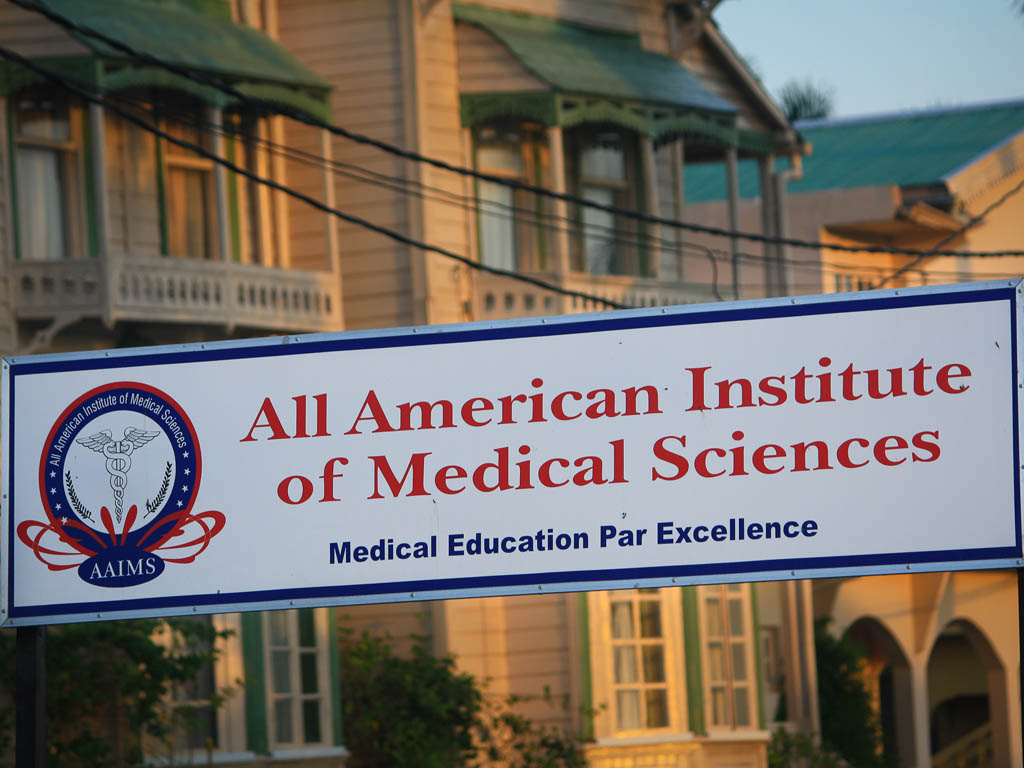
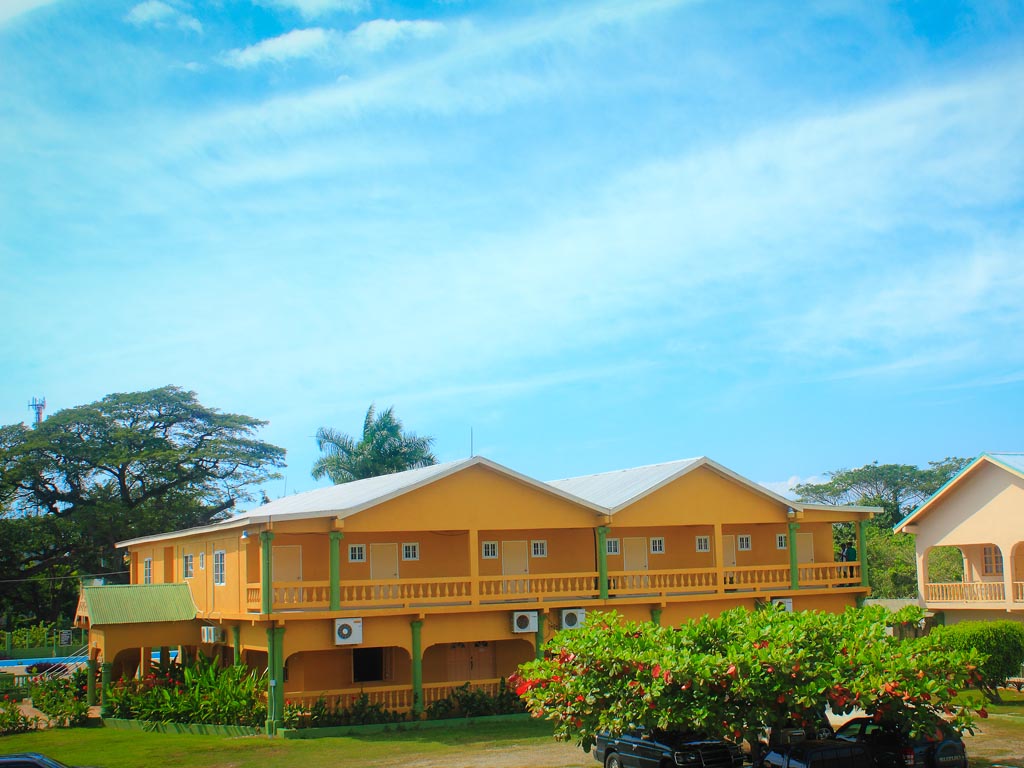
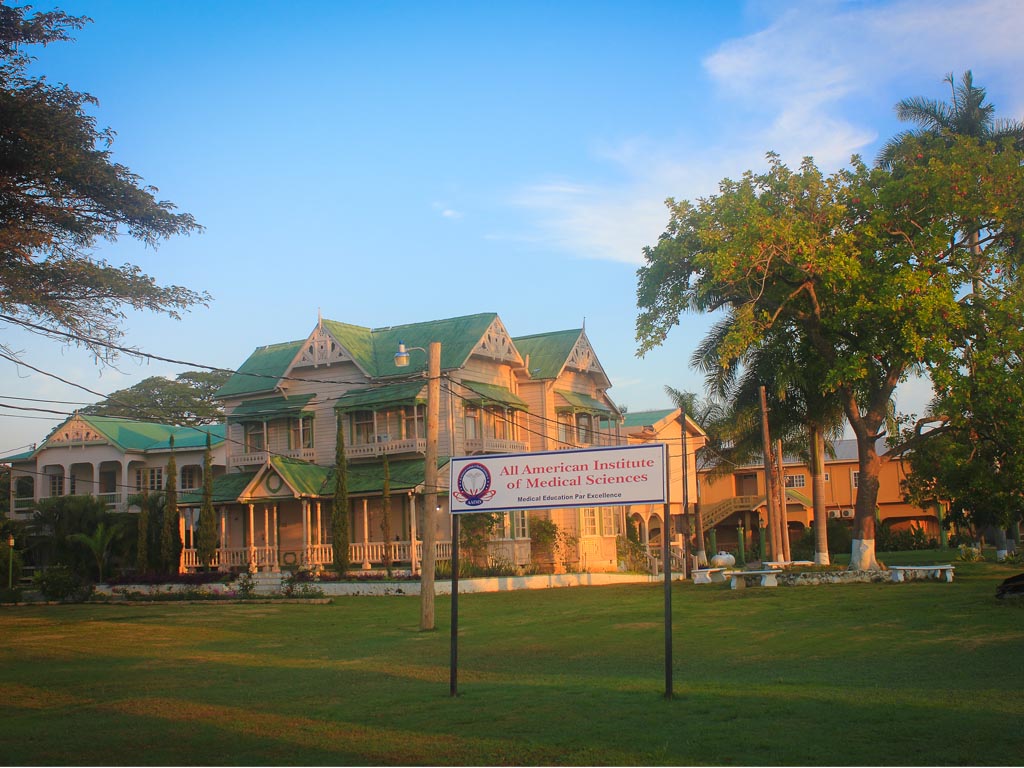
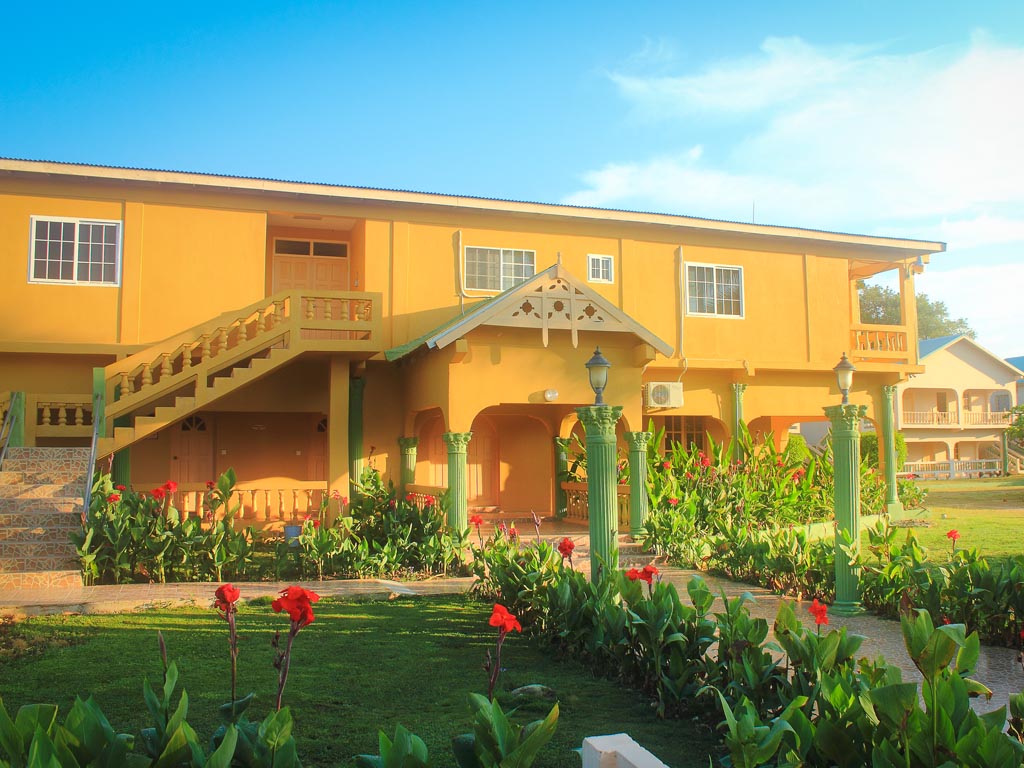
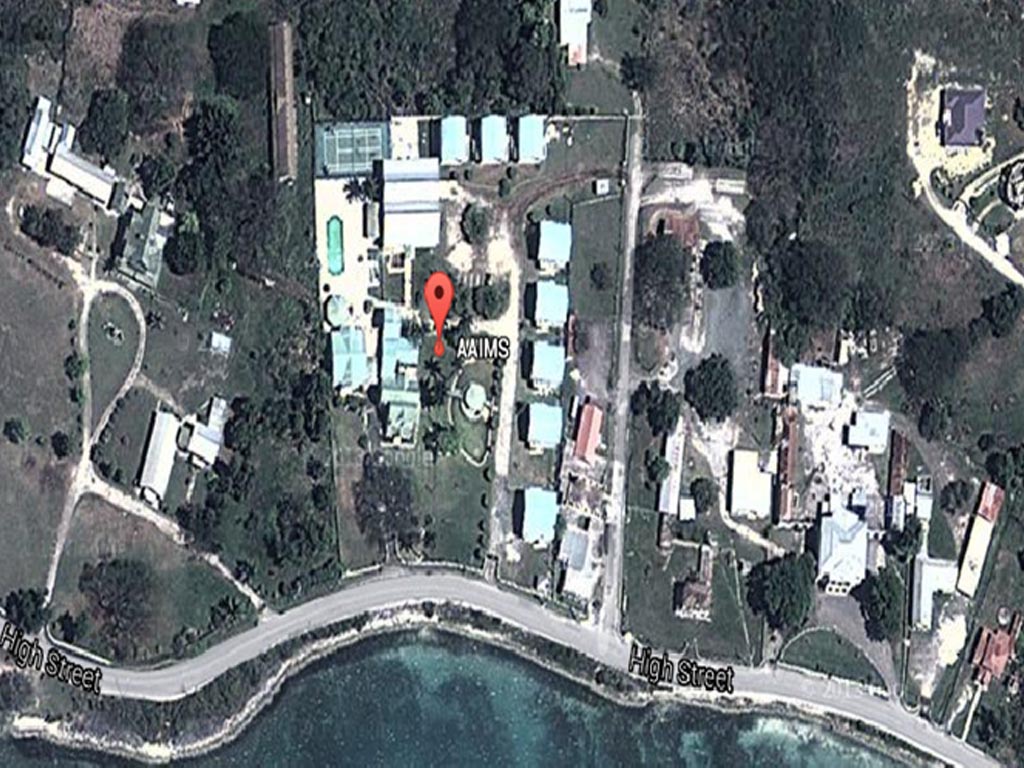
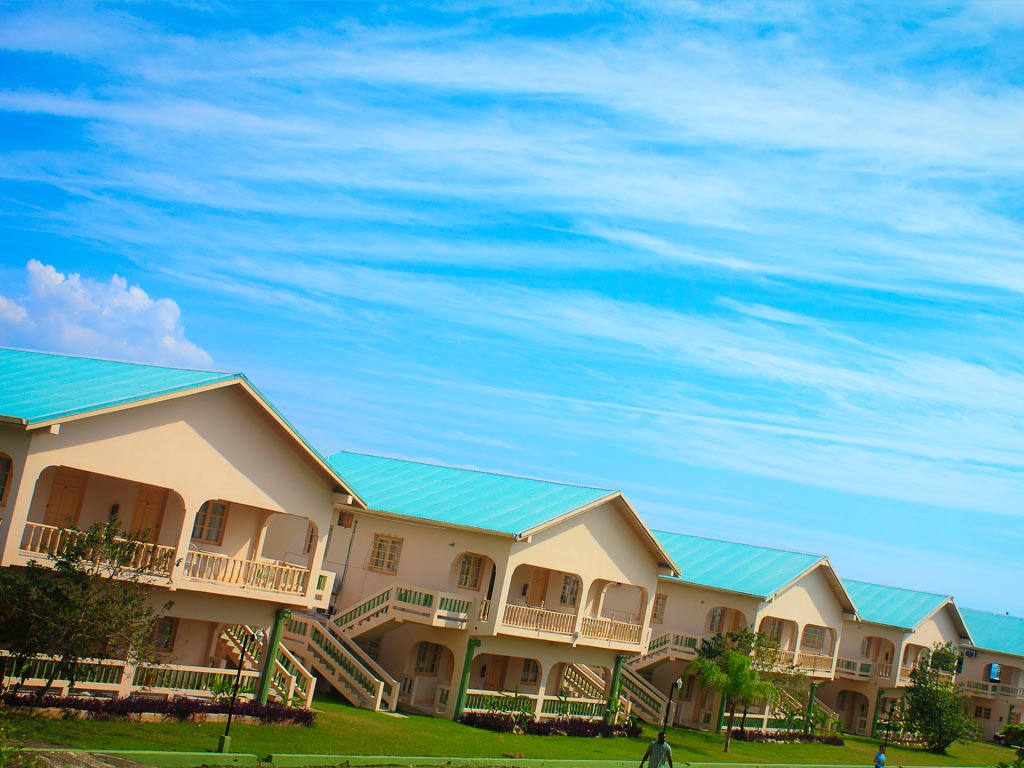

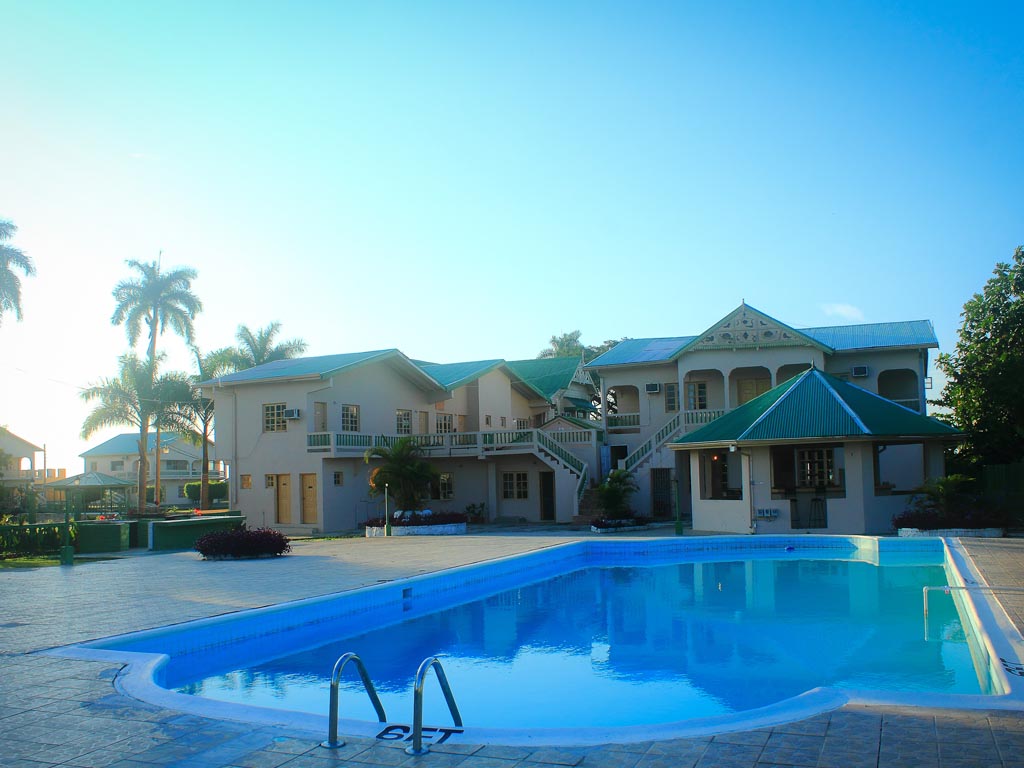
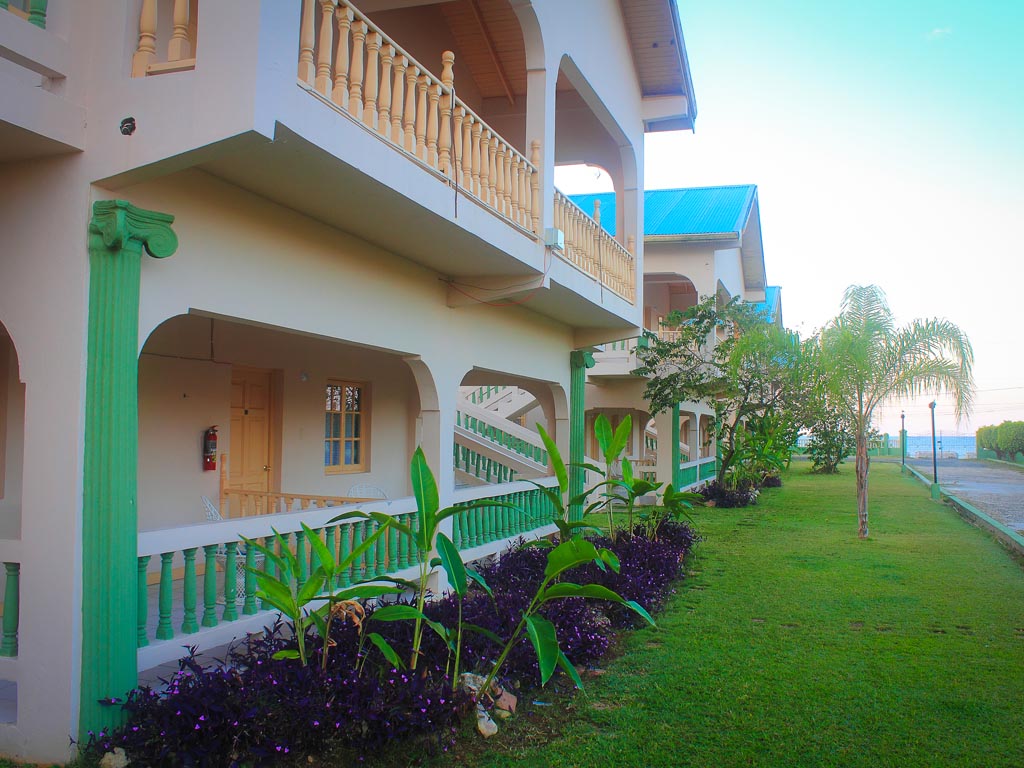























 Designed by Reyone
Designed by Reyone